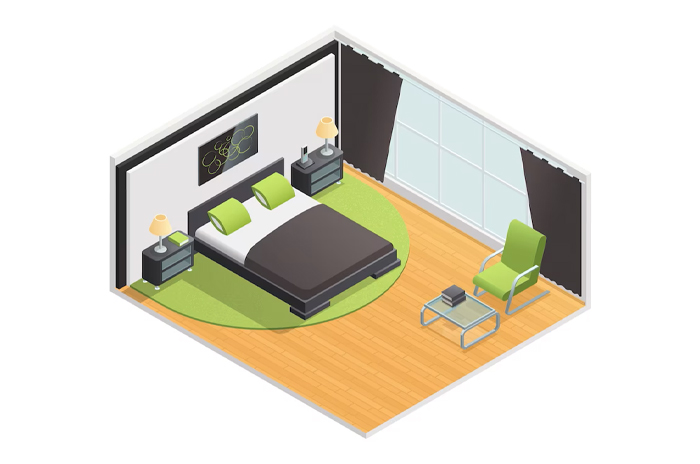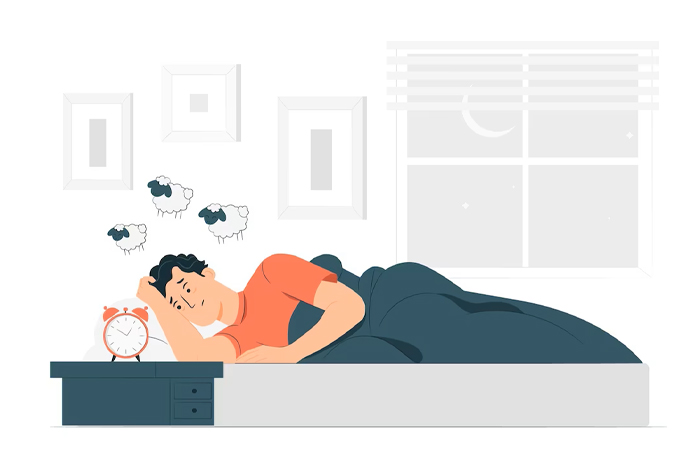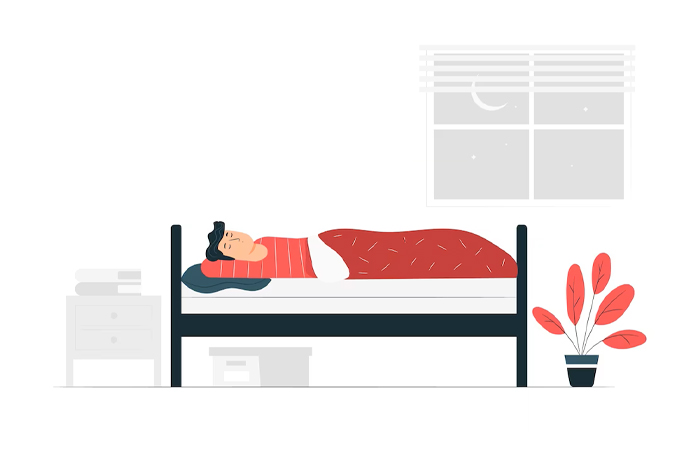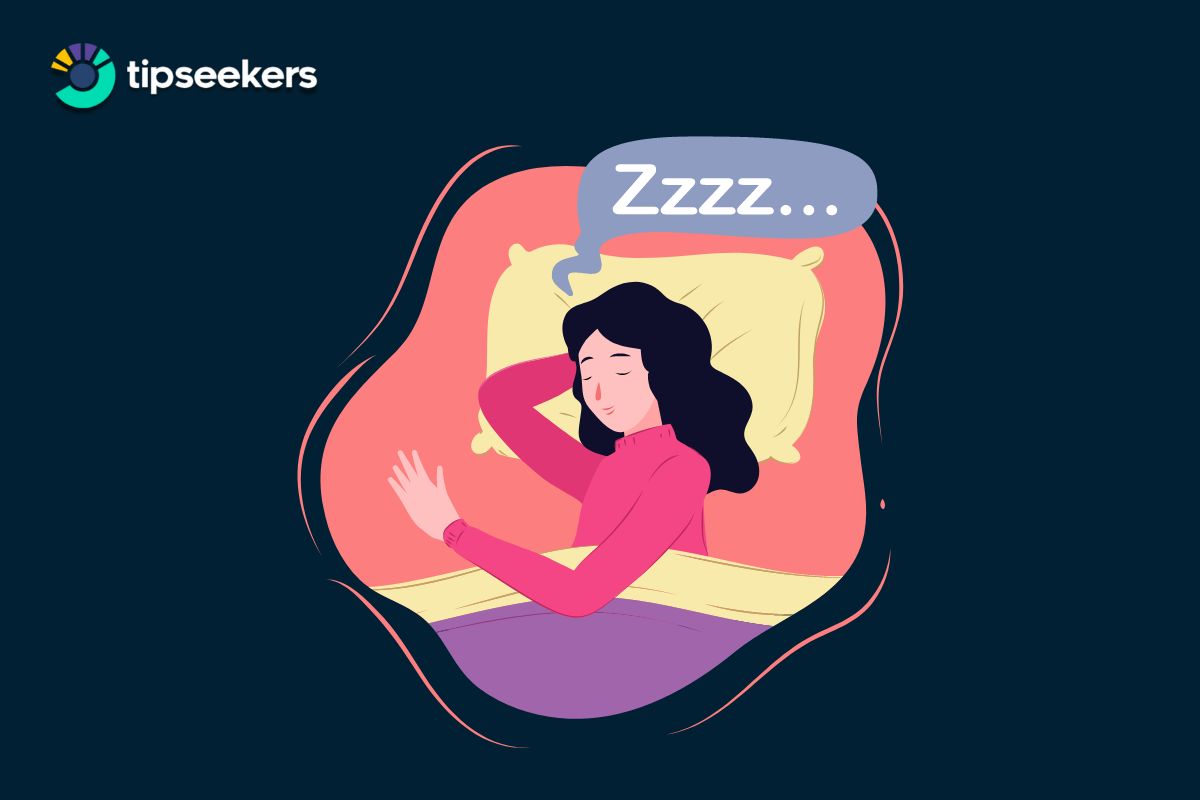Getting a good night’s sleep is essential for our physical and mental health. It helps us to recharge our bodies and minds, maintain focus and concentration, and boost our mood and overall well-being. However, for many of us, a good night’s sleep can be elusive. Fortunately, there are several healthy habits you can adopt to improve the quality of your sleep.
Stick to a consistent sleep schedule
One of the most effective ways to improve the quality of your sleep is to establish a regular sleep schedule. Try to go to bed and wake up at the same time every day, even on weekends. This helps to regulate your body’s internal clock and can improve the overall quality of your sleep.

Create a sleep-conducive environment
Your bedroom environment plays a crucial role in the quality of your sleep. Make sure your bedroom is quiet, cool, and dark, and invest in a comfortable mattress and pillows. If you have trouble falling asleep, try using earplugs, an eye mask, or a white noise machine.

Limit caffeine and alcohol intake
Caffeine is a stimulant that can interfere with your ability to fall asleep and stay asleep. Avoid consuming caffeine-containing beverages or foods, such as coffee, tea, and chocolate, especially in the evening. Similarly, while alcohol can initially make you feel drowsy, it can disrupt your sleep and lead to more frequent waking throughout the night.

Exercise regularly
Regular physical activity can improve the quality of your sleep, but avoid exercising close to bedtime, as it can be stimulating and make it harder to fall asleep. Try to aim for at least 30 minutes of moderate exercise, such as brisk walking or cycling, most days of the week.

Practice relaxation techniques
Stress and anxiety can interfere with your ability to fall asleep and stay asleep. To help calm your mind and prepare for sleep, try practicing relaxation techniques, such as deep breathing, meditation, or progressive muscle relaxation.

Avoid screens before bed
The blue light emitted by electronic devices, such as smartphones, tablets, and computers, can interfere with your body’s production of the sleep hormone, melatonin. To promote better sleep, avoid using electronic devices for at least an hour before bed, and consider using a blue light filter on your devices.

Stick to a bedtime routine
A consistent bedtime routine can signal to your body that it’s time to sleep. Try to establish a relaxing bedtime routine that you follow every night, such as taking a warm bath, reading a book, or listening to calming music.

In summary, there are several healthy habits you can adopt to improve the quality of your sleep. By sticking to a consistent sleep schedule, creating a sleep-conducive environment, limiting caffeine and alcohol intake, exercising regularly, practicing relaxation techniques, avoiding screens before bed, and sticking to a bedtime routine, you can increase the likelihood of getting a better night’s sleep.









